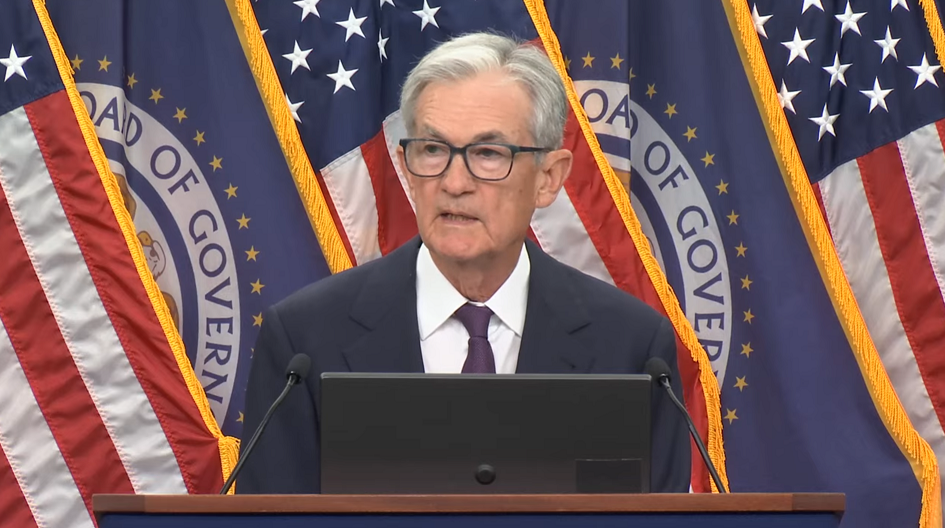Charles Edwards, founder of financial firm Capriole, warned on October 27 on
In the context of Bitcoin, a sufficiently powerful quantum computer, which uses principles of quantum mechanics to process information, could potentially put at risk the cryptographic mechanisms that today protect transactions and private keys.
In addition, Edwards cited various estimates about the proximity of this scenario, also known as “Q-day”:
- According to a 2024 analysis by Bitcoin developer Jameson Lopp, the risk of a significant quantum attack would be 50% within 4 to 9 years.
- The physicist Pierre-Luc Dallaire-Demers, a quantum specialist, projected that systems based on elliptic curve cryptography (ECC) could be compromised in a range of 2 to 6 years (Bitcoin uses ECDSAa variant of ECC cryptography).
- The McKinsey firm in 2024 placed “Q-Day” within the next 2 to 10 years.
- A 2017 study on Bitcoin cryptography estimated that about 2,330 qubits (quantum logical processing units) would be needed to crack ECC, and several leading companies plan to reach that capacity in less than four years.
- The US Department of Defense in 2025 warned that “cryptographically relevant” quantum computers could be possible in just three years.
In another message posted the same day, Edwards he added that “five companies predict capacities of several thousand logical qubits within five years, enough to break Bitcoin.”
He then warned that “the quantum race is a national security priority, and capital continues to enter the market at an astonishing rate.”

Charles Edwards’ statement reinforces his position on quantum and Bitcoin, since he previously classified the network created by Satoshi Nakamoto as “shamefully weak” in the face of that technology.
Finally, and as reported by CriptoNoticias, Capriole, the company founded by Edwards, launched the “Quantum Index” on October 14, a new financial product that brings together companies that develop quantum technology.
According to Edwards, the index is designed to serve as coverage against the risks that quantum could represent for the security of the Bitcoin network.
The founder of Capriole expressed that he hopes this index “exceeds the returns of Bitcoin” and announced that he plans to create an exchange-traded fund (ETF) that replicates its behavior, facilitating investment in this emerging sector.
It should be noted that Edwards’ fears could have personal motivations. Capriole offers financial services based on Bitcoin, where network security is key. A failure would affect it directly, explaining its urgency.






Leave a Reply